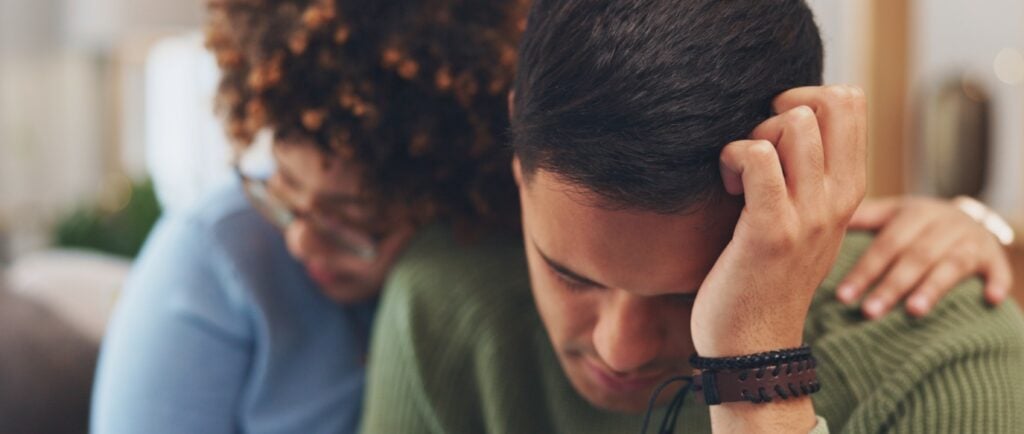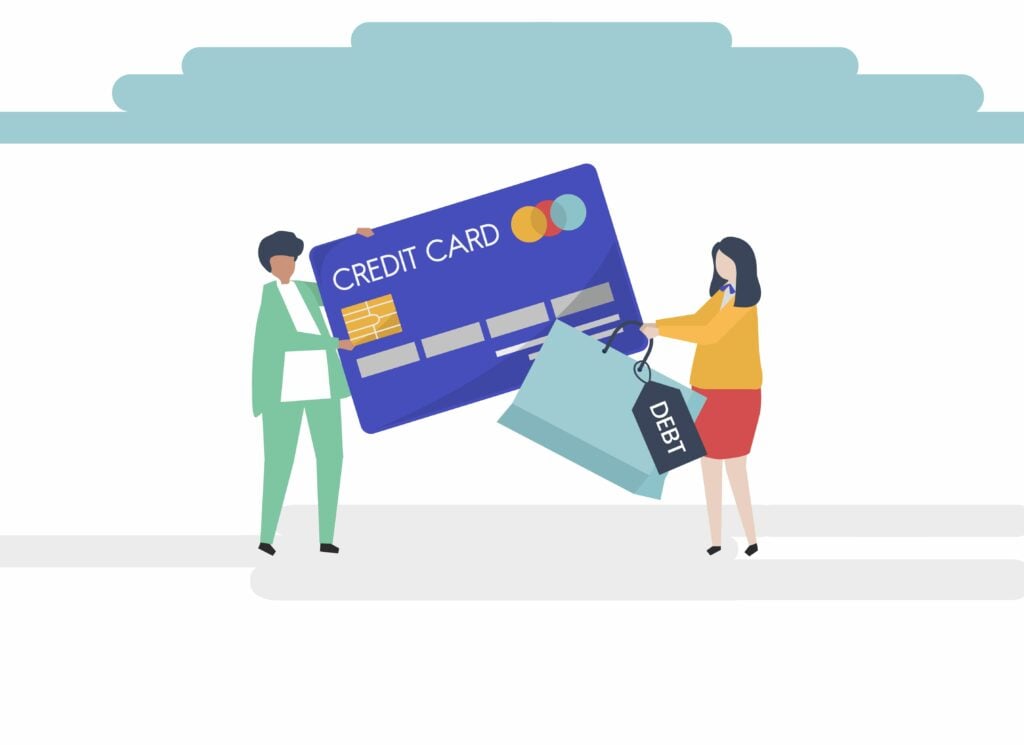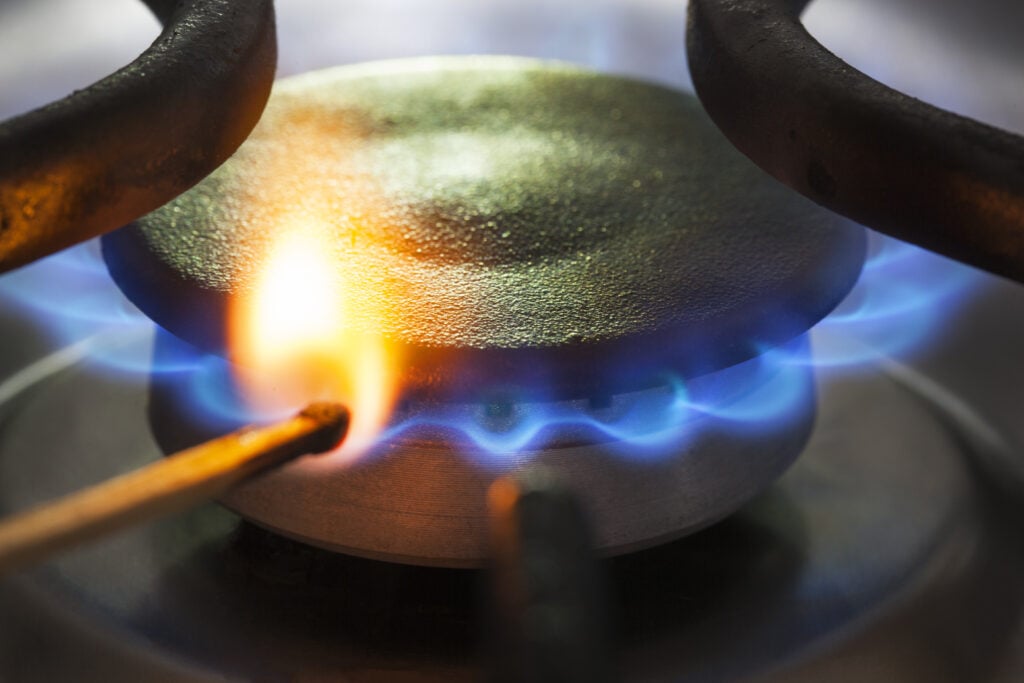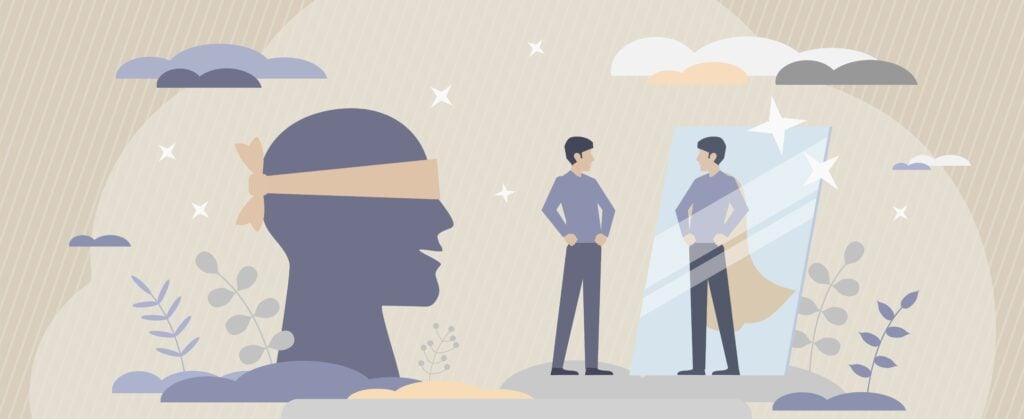Behaviors
Showing 1–10 of 21 results
Implicit bias: Causes, examples, and how to overcome it
April 18, 2024 | Written by therapist.com team
Implicit (or “unconscious”) biases are the beliefs you hold that influence your decisions without your realizing it.
Are sex addiction and porn addiction real disorders?
April 15, 2024 | Written by therapist.com team
Sex addiction and porn addiction are compulsive behaviors that can have negative effects. Explore the warning signs and find out how to seek treatment.
Suicide: Risk factors, warning signs, and prevention
April 12, 2024 | Written by therapist.com team
Suicide occurs when a person intentionally causes their own death. If you’re thinking about ending your life, help is available now: Call or text 988.
Passive aggression: What it is and how to stop
April 11, 2024 | Written by therapist.com team
Passive aggression is an unhealthy communication style where negative feelings are expressed indirectly. Learn how to recognize and change this behavior.
Compulsive shopping: Symptoms, causes, and treatment
February 13, 2024 | Written by therapist.com team
Compulsive shopping is an impulsive behavior that can harm your finances and your relationships. Learn about the signs and how to seek help.
What is the Dunning-Kruger effect?
February 12, 2024 | Written by therapist.com team
The Dunning-Kruger effect is a type of bias where the less you know about a topic, the more you think you know. Learn to identify and change this behavior.









